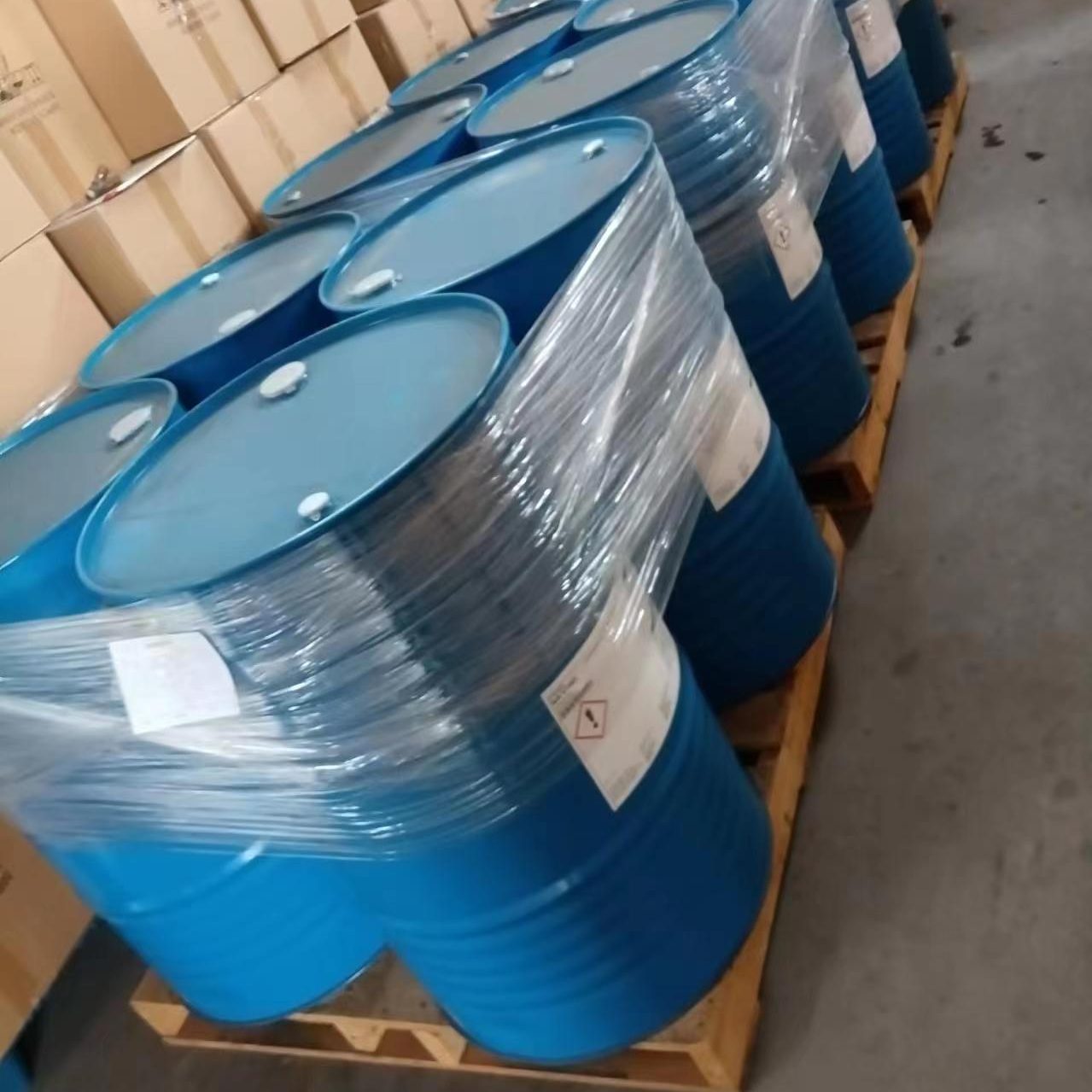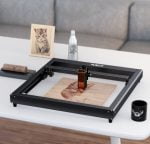Hazard statements
: H303 + H313 May be harmful if swallowed or in contact with
skin.
H317 May cause an allergic skin reaction.
Precautionary statements
: Prevention:
P261 Avoid breathing dust/ fume/ gas/ mist/ vapours/ spray.
P272 Contaminated work clothing should not be allowed out of
the workplace.
P280 Wear protective gloves.
Response:
P302 + P352 IF ON SKIN: Wash with plenty of water.
P312 Call a POISON CENTER/ doctor if you feel unwell.
P333 + P313 If skin irritation or rash occurs: Get medical
advice/ attention.
P362 + P364 Take off contaminated clothing and wash it before
reuse.
Disposal:
P501 Dispose of contents/ container to an approved waste
disposal plant.
Physical and chemical hazards
Not classified based on available information.
Health hazards
May be harmful if swallowed. May be harmful in contact with skin. May cause an allergic skin
reaction.
Environmental hazards
Not classified based on available information.
Other hazards which do not result in classification
None known.
- COMPOSITION/INFORMATION ON INGREDIENTS
Substance / Mixture
: Mixture
Components
Chemical name
CAS-No.
Concentration (% w/w)
OCTENE, HYDROFORMYLATION
PRODUCTS, HIGH-BOILING
68526-89-6
>= 70 -<90
If unconscious, place in recovery position and seek medical
advice.
If symptoms persist, call a physician.
In case of skin contact
: Remove contaminated clothing. If irritation develops, get
medical attention.
If on skin, rinse well with water.
First aid is not normally required. However, it is
recommended that exposed areas be cleaned by washing
with soap and water.
Wash contaminated clothing before re-use.
In case of eye contact
: Flush eyes with water as a precaution.
Remove contact lenses.
Protect unharmed eye.
If eye irritation persists, consult a specialist.
If swallowed
: IF SWALLOWED: Call a POISON CENTER/ doctor if you feel
unwell.
Do not give milk or alcoholic beverages.
Never give anything by mouth to an unconscious person.
If symptoms persist, call a physician.
Most important symptoms
and effects, both acute and
delayed
: Signs and symptoms of exposure to this material through
breathing, swallowing, and/or passage of the material through
the skin may include:
May be harmful if swallowed or in contact with skin.
May cause an allergic skin reaction.
Notes to physician
: No hazards which require special first aid measures.
- FIREFIGHTING MEASURES
Suitable extinguishing media : Use extinguishing measures that are appropriate to local
circumstances and the surrounding environment.
Water spray
Foam
Carbon dioxide (CO2)
Dry chemical
Unsuitable extinguishing
media
: High volume water jet
Specific hazards during
firefighting
: If product is heated above its flash point it will produce vapors
sufficient to support combustion. Vapors are heavier than air
and may travel along the ground and be ignited by heat, pilot
lights, other flames and ignition sources at locations near the
point of release.
Do not allow run-off from fire fighting to enter drains or water
courses.
Hazardous combustion
: Carbon monoxide






